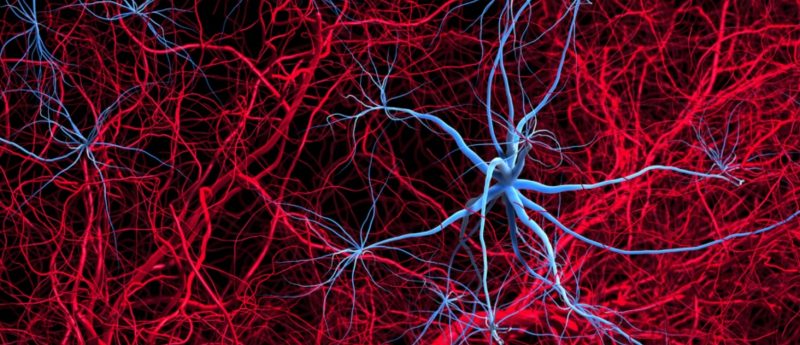Starved stem cells may build better blood vessels

Glutamine withdrawal observed to improve differentiation into endothelial cells
Forcing changes in human embryonic stem cell (hESC) metabolism has been demonstrated as a successful method of encouraging their maturation into specific cell types, as reported by researchers from the University of Illinois at Chicago (IL, USA).
The study, led by Jalees Rehman (University of Illinois at Chicago), investigated the role of glutamine, which is known to be metabolized at a very high rate in undifferentiated hESCs. This metabolism was observed to significantly decrease as cells differentiate into mature cell types.
When investigators selectively withheld glutamine from hESCs growing in the lab, levels of the regulatory molecule OCT4 were observed to decrease significantly and cells began to differentiate. Glutamine withdrawal was accompanied by a rise in reactive oxygen species within the cells, leading to degradation on OCT4. The cells are then free to express genes allowing maturation into a specific cell type.
“Glutamine keeps OCT4 on, and when you starve the cells of glutamine, you dial down that OCT4 switch so that the cells can then mature,” explained Rehman. “It is also important to note that reactive oxygen species served as a signal which allowed stem cells to differentiate. Certain levels of oxidants or reactive oxygen species may be necessary for the maturation of stem cells.”
It is hoped that this finding may lead to improvements in tissue engineering, as discussed by the study’s first author Glenn Marsboom (University of Illinois at Chicago): “When researchers want to produce mature cells from stem cells, they traditionally use a cocktail of growth factors and other chemicals known to produce the specific cell type they want. We wanted to see what would happen if we added glutamine withdrawal to the differentiation-cocktail we use for producing endothelial cells from human embryonic stem cells.”
Glutamine withdrawal was observed to result in production of twice as many endothelial cells versus use of growth factors alone. The mature cells were also noted to be of a higher quality, with the glutamine-starved cells better able to organize into blood vessels in a 3D scaffold. “To successfully engineer new blood vessels or tissues for diseased patients, we need to help stem cells adapt to the metabolic environment and demands of the mature organs,” concluded Rehman.
Written by Hannah Wilson
Source: UIC News Release https://news.uic.edu/starving-stem-cells-may-enable-scientists-to-build-better-blood-vessels